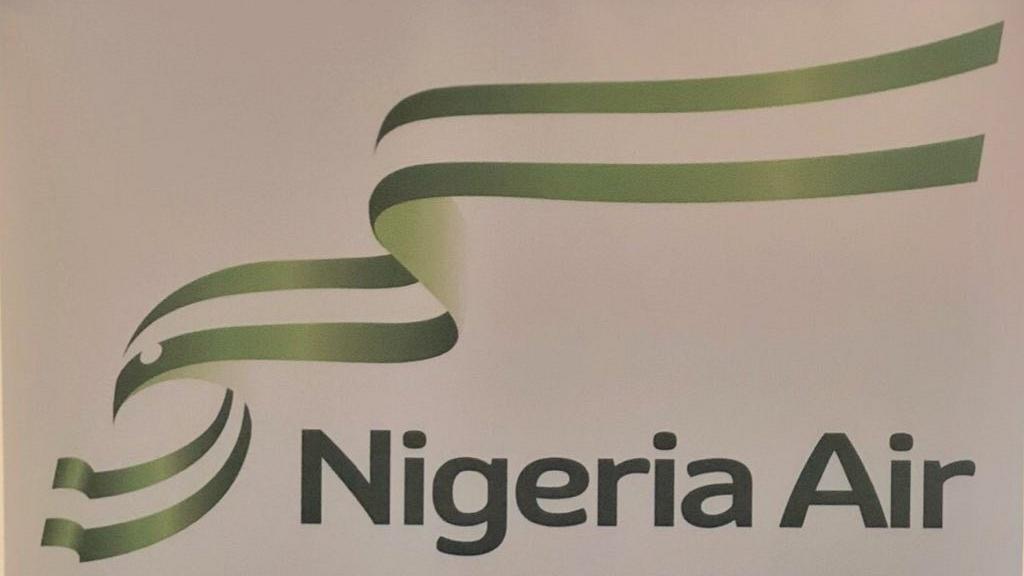
Mohammed Momoh
Abuja, November 26, 2021 (NIGERIA) Nigeria Air, the national carrier approved by Federal Executive Council (FEC) to start operations in April 2022 in replacement of Nigeria Airways that was liquidated 18 years ago, is to take-off with three planes.
The planes are under the wet lease from Europe, Mr Tilmann Gabriel, the Transaction Adviser on National Carrier, said on Thursday in Abuja at a briefing on proposed national carrier.
Nigeria’a aviation minister Hadi Sirika on announced on November 24, 2021 that the FEC approved the take-off of the new airline after a failed attempt in 2018 to float the national carrier.
Gabriel said that as an expert who has been a part of many start-up airlines across the world, the leased policy is the easier and cost-effective way to start an airline.
He also said it is global best practice and even in Nigeria, some airlines have started airlines with leased aircraft.
Gabriel, a flight Captain, said that the leasing option is the best now because with COVID-19, leasing companies have aircraft and crew idle and Nigeria will get a good bargain at this time.
He said the conversations with lessors in Europe had begun.
“We are taking to leasing companies but at the same time, we are ordering for new aircraft. With the wet lease, the lessor will provide the aircraft, crew, maintenance, and insurance. This will also reduce the rigor of certifications that come with unregistered,” he said.
Nigeria is floating the carrier 18 years after Nigeria Airways, the West African nation’s national carrier, was liquidated due to inefficiency and debt.
Nigeria’s Federal Executive Council (FEC) at a meeting presided over by President Muhammadu Buhari on Wednesday approved much-awaited “Nigeria Air’’ which aviation minister Hadi Sirika has been structuring since 2015.
Mr Sirika explained that the name, “Nigeria Air’’ and the logo were approved in July 2018 in the United Kingdom at the Farnborough Air show,
According to him, majority shares of 49 per cent of the Nigeria Air project will be owned by strategic equity partners, 46 per cent by Nigerians while the Federal Government will own five per cent of the shares.
“The structure of the proposed airline – Federal Government would be owing not more than five per cent. So, five per cent is the maximum equity that government would take.
“Then, 46 per cent would be owned by Nigerian entrepreneurs. So, if you add that is 51 per cent. So 51 percent majority shareholding is by Nigerians.
“And then, 49 per cent will be held by strategic equity partners or partners will be sourced during the procurement phase, which is the next phase.’’
The minister revealed that the Nigeria Air, when operational, would generate over 70,000 jobs, saying “these 70,000 jobs, they are higher than the total number of civil servants that we have in the country’’.
The defunct Nigeria Airways collapsed leaving 78 planes that have dilapidated; a huge debt of more than S528 million.
Nigeria Airways, was founded in 1958 after the dissolution of West African Airways Corporation and held the name WAAC Nigeria until 1971, when it was rebranded to the name it had until it ceased operations in 2003.
Nigeria Airways was one of the “positive legacies” of British colonial administration and contributed immensely to the nation’s economy unit it died in 2003.












